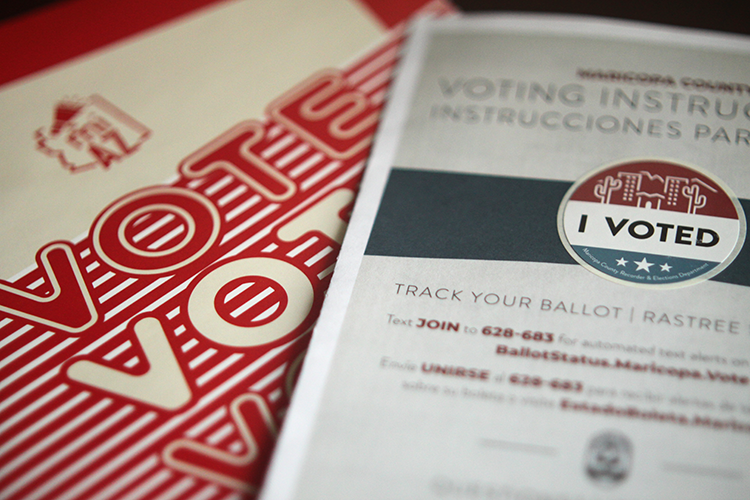Finding personal time that energizes you can actually help your practice

Sonya Rosenberg. Photo courtesy of Neal, Gerber & Eisenberg.
Making It Work is a new column in partnership with the Working Mother Best Law Firms for Women initiative, in which lawyers share how they manage life’s challenges and work’s demands. Visit workingmother.com for more.
The legal profession is tough on women. When I say women, I mean women of all ages, stages of career and relationship status. I am glad to see that in my 10 years of practice, this issue has gotten some serious attention and some real progress has been made. But I also know the road ahead is still a long and challenging one. I start with this point because I don’t know and can’t claim to provide some kind of a “magic fix” to the ever-elusive goal, for many of us and myself included, of “making it work.” But I can share some guiding principles that consistently have come through for me, helping me to appreciate and enjoy my practice of law.
1. Do what’s important to you, and be persistent about it.
I am careful in choosing my words here because I don’t want to suggest you should do only what you love or do that for only as long as you love doing it. If I followed that often-given advice, I am not sure where I’d be. But it would not be a happy place! The practice of law is challenging. You can feel incredibly exhilarated at times and absolutely crushed at others, and the learning curve is steep and leaves little room for error. What we do requires grit and a long-term commitment. But with all that, I have found that as long as I can have a gut check—even at the toughest of times—and I still believe in what I do and it’s still important for me to succeed at it, I will find the drive to push ahead with positivity. The trade-off is that, inevitably, experience tends to make us stronger and better at what we do—and over the years, it has helped to make my practice rewarding.
Outside work, I also have persistently done what has been important and nourishing to me on a personal level—even when that has not necessarily followed conventional wisdom. For example, I married my husband in my first year of law school and had my first child as a junior associate. I refused to view these decisions as problematic because I knew they were personally important and right for me when I made them. So I knew I would do—and I did—what I needed to make them work for me. The same can be said for anything else, no matter how minor or how significant. Whether it’s finding and sticking with an exercise routine that gives you the energy you need to function, taking up a new hobby or something much more serious—such as taking care of an ill parent—I have been unapologetic about my personal commitments. This has in turn helped fuel me with the energy and a healthy perspective I have needed for my work.
2. Develop a support network at and outside work.
As lawyers, we generally are not known for needing or asking for help. But I have not shied away from doing that. A successful, long-term legal career is difficult, if not impossible, to achieve without a strong support network. That holds true for men and for women.
At work, I seek out and try to build trusting, long-lasting relationships with mentors, mentees, associates and partners and, of course, my clients and professional contacts. I invest a great deal of time and effort in these relationships. I do it not because I feel like I have to but because I enjoy it! However, by their nature, professional relationship experiences are not seamless, and they cannot all be positive. For example, my first boss was notoriously tough, but I learned a tremendous amount from his case management and charismatic approach. On a similar note, although it’s never pleasant to receive criticism on your work product, being open to it is, at a minimum, a valuable learning experience that contributes to developing a competent and confident style ofyour own.
Strong professional relationships are half of the puzzle for me—the other half being my relationships outside work. I don’t tell him this enough, but I have a pretty amazing husband. He has a challenging and time-consuming job, too. But through our many years of marriage we have worked together to build a partnership in which we truly support each other. We are equal-level caregivers to our children. And we play to our different, individual strengths to help each other at home and to encourage each other professionally. My family and friends are incredibly important for me, too. I make it a priority to spend time with my parents as they get older and to connect and relax with my friends. All these relationships have helped shape me as a person, and they also have informed how I approach various personalities and situations through my work.
3. “Do your best, and forget the rest!”
Imagine Papa Smurf saying this in a thick Russian accent, and that’s just about what my dad sounds like whenever I share any problem or dilemma with him. Although it’s simple, the message is really quite powerful. Many of us, and women in particular, can experience immense guilt about various things we think we should or shouldn’t do, should do differently or should do better. As women juggling work and various personal commitments, it’s normal at times to feel stretched too thin or like it’s impossible to keep up on either front. I certainly get these feelings from time to time, but I refuse to indulge them. As female attorneys, we work too hard and give too much to not appreciate ourselves and what we do. As long as I can be honest with myself, applying the “reasonable person” standard that I did my best, I can move on positively without allowing guilt or resentment to fester while striving to treat myself and the people in my support networks with deserved kindness.
Sonya Rosenberg is a partner at Neal, Gerber & Eisenberg in Chicago. She counsels clients on employee-related legal issues and represents employers in litigation matters, including administrative and appellate proceedings. This article originally appeared in the June 2017 issue of the



